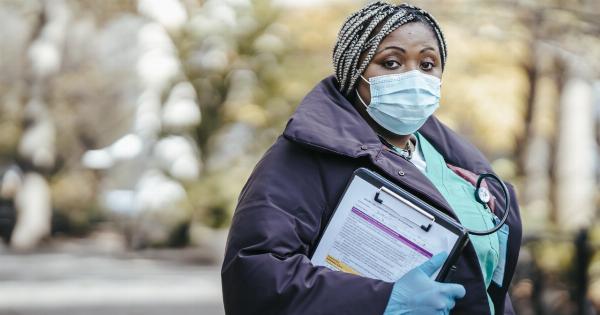The “Health for Everyone” initiative is a program that aims to provide support and health services to vulnerable populations, including those who are jobless, Roma, uninsured, and refugees.
The program was first implemented in response to a growing need for healthcare services among these populations, many of whom lack access to essential care due to their socioeconomic status or residence.
Jobless Populations
The jobless often lack access to healthcare services due to a lack of resources or income. Many individuals who are unemployed do not have health insurance, making it difficult for them to afford basic healthcare services.
Additionally, unemployed individuals may not have access to transportation or the ability to take time off work for medical appointments. The “Health for Everyone” initiative provides healthcare services to jobless populations through community clinics that offer a range of medical services, including primary care, dental care, and mental health services.
Roma Populations
Roma populations are often marginalized and experience significant health disparities due to discrimination, poverty, and social exclusion.
The “Health for Everyone” initiative aims to address these disparities by providing access to healthcare services and supporting community health programs. The program provides culturally sensitive care to Roma populations through community health clinics and outreach services.
Uninsured Populations
Individuals without health insurance often have limited access to healthcare services, which can lead to delayed treatment or untreated conditions.
The “Health for Everyone” initiative provides healthcare services to uninsured populations through community clinics that offer affordable care to those who are uninsured. The program also provides patient education and assistance with finding health insurance options.
Refugee Populations
Refugees often face significant health challenges due to their journey to a new country and the trauma they may have experienced before and during their migration.
The “Health for Everyone” initiative provides healthcare services to refugee populations through community clinics that offer comprehensive care to refugees. The program also provides language assistance and coordination with community resources to help refugees access a range of support services.
Results of the “Health for Everyone” Initiative
The “Health for Everyone” initiative has had a positive impact on vulnerable populations, providing essential healthcare services to those who need it most.
Since the launch of the program, thousands of individuals have received healthcare services through community clinics, improving their overall health and wellness. The program has also increased access to care for individuals who may have previously had limited options for receiving healthcare services due to financial or social constraints.
The program has also helped to build stronger communities by promoting healthy behaviors, reducing health disparities, and fostering stronger relationships between healthcare providers and patients.
By providing culturally sensitive care and promoting community engagement, the program has helped to improve health outcomes and promote wellbeing among vulnerable populations.
Conclusion
The “Health for Everyone” initiative has made significant strides in improving access to healthcare services and supporting vulnerable populations.
By providing healthcare services to jobless, Roma, uninsured, and refugee populations, the program has helped to reduce health disparities and promote wellbeing among these groups. Moving forward, it will be important to continue to support programs like “Health for Everyone” to ensure that vulnerable populations have access to the care they need to lead healthy and fulfilling lives.



























